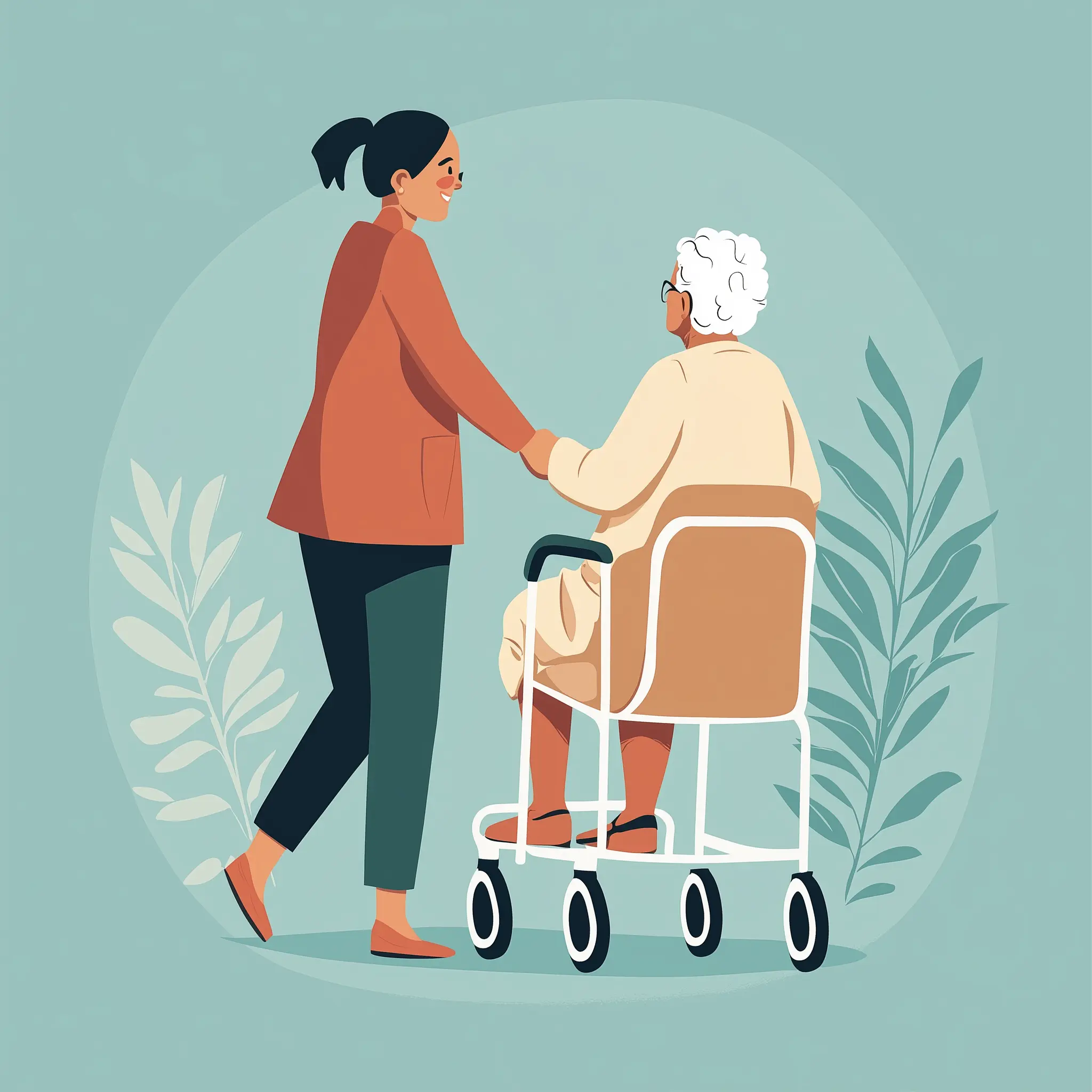
Why Do The Elderly Have Trouble Swallowing
- Published on
- Authors

- Author
- HP Homecare
Understanding Swallowing Difficulties in the Elderly
As people age, several health challenges emerge, and among these, difficulty with swallowing, clinically known as dysphagia, is particularly significant. This issue not only affects the ability to enjoy food but also poses serious risks for malnutrition, dehydration, and aspiration pneumonia. Understanding why these swallowing issues manifest in seniors is crucial for managing these risks effectively.
Common Causes of Dysphagia in Elderly Individuals
- Aging Muscles: Just as muscles in other parts of the body may lose strength and efficiency over time, the muscles that manage swallowing deteriorate as well.
- Neurological Issues: Conditions such as stroke, Parkinson’s Disease, and dementia can impair the nervous system’s ability to trigger the necessary swallowing reflexes.
- Structural Changes: Aging can cause changes in the throat and esophagus, such as narrowing or the presence of diverticula.
- Dry Mouth: Reduced saliva production, often seen in older adults, can make swallowing difficult.
The Consequences of Swallowing Difficulties
When elderly individuals struggle with swallowing, it doesn’t merely inconvenience them—it can deteriorate their overall health. If swallowing becomes a hazard, food and liquid can enter the airways, leading to chronic lung diseases. Moreover, inadequate nutrition and hydration are serious concerns that can exacerbate other age-related health conditions.
Innovative Approaches To Managing Dysphagia
Dealing with swallowing difficulties in elderly adults requires a multifaceted approach:
- Dietary Adjustments: Modifying food textures and liquid consistency to make swallowing easier.
- Swallowing Therapy: Speech and language therapists offer strategies to improve strength and coordination of swallowing muscles.
- Proper Positioning: Ensuring the elderly individual is in an upright position during and immediately after eating to facilitate easier swallowing.
- Medical Interventions: In some cases, medications or surgical options may be considered to alleviate the symptoms or direct causes of dysphagia.
Understanding and addressing the challenges of dysphagia in elderly adults is essential for maintaining health and enhancing quality of life. With empathy, comprehensive care strategies from families and carers, and medical guidance, these challenges can be effectively managed.